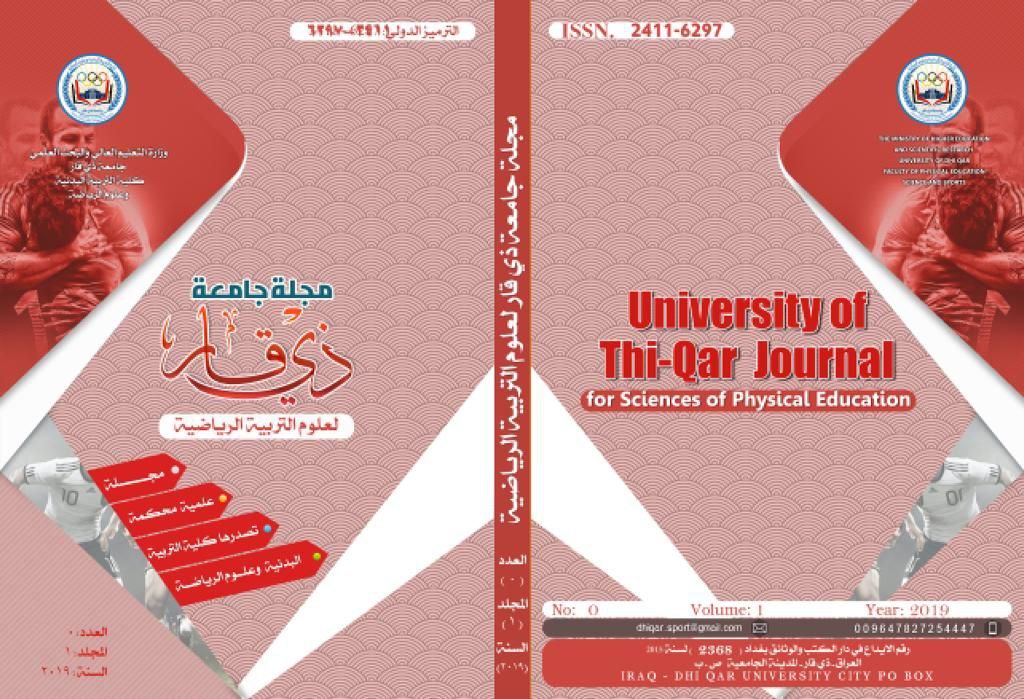The Effect of Snorkel Training on Respiratory Circulatory Adequacy and 100m Freestyle Achievement Level
Abstract
The aim of this study was to identify the effect of snorkeling on respiratory system adequacy and the level of achievement of 100 meters freestyle among budding swimmers. The experimental method with an experimental design based on both groups (experimental and control) was used to suit the nature of the research. The study sample consisted of (12) emerging swimmers, who were randomly divided into two equal groups: an experimental group (n=6) who underwent training using snorkel, and a control group (n=6) I used the traditional method without snorkeling, and the experiment lasted for 8 weeks with 3 training units per week.
The following variables were measured before and after the implementation of the training curriculum: cardiorespiratory endurance using the swimming test (PWC170), maximum oxygen consumption (VO2max), maximum exhalation capacity (PEF), forced expiratory volume in the first second (FEV1), as well as the completion time of the 100-meter freestyle.
The results of the statistical analysis showed that there were statistically significant differences between the pre- and post-measurements in favor of the experimental group in all variables, which indicates that the use of snorkeling had a positive effect on developing the efficiency of the respiratory circulatory system and improving the time performance of the 100-meter freestyle race, and the study recommends the inclusion of snorkel training within the training curricula directed to emerging swimmers because of its effectiveness in developing physiological indicators, performance and level of achievement .
Downloads
Published
Issue
Section
License
Copyright (c) 2025 University of Thi-Qar Journal for Sciences of Physical Education

This work is licensed under a Creative Commons Attribution 4.0 International License.





